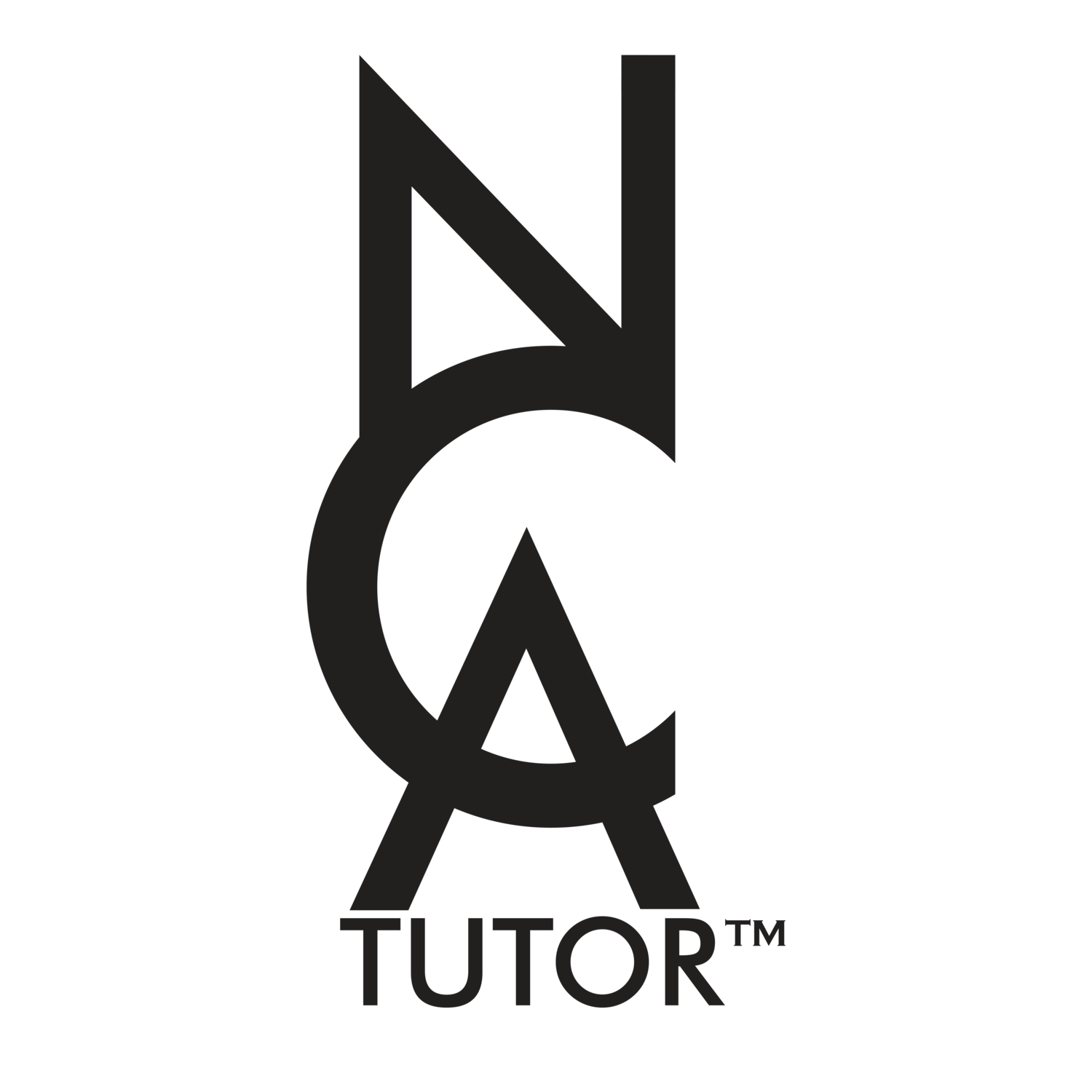NCA Grad Tips: Foundations Exam Tips & Notes
Hello current and prospective NCA students! I hope you are all taking a little bit of timeout of your study schedule to rest and enjoy the holiday season.
In today’s blog I’ll outline my experience with and tips for taking the Foundations of Canadian Law exam which is a core exam for all NCA candidates; regardless of any previous studies you will need to complete this NCA to obtain your certificate. I wrote my Foundations exam in October 2018, however the course remains substantively the same despite recent syllabus changes.
Initial Thoughts
While this course is called “foundations”, NCA Tutor™️ recommends completing this exam either alongside or after the Constitutional and Administrative NCA exams. I personally did this exam as my first NCA sitting to get a feel for how NCA exams worked. However, I had a firm grasp on Canadian Constitutional Law from my LL.B studies and Foundations was the only exam I completed in that sitting.
Difficulty and Key Focuses
The Foundations course covers and expansive range of topics and is mostly comprised of legal theory. It is incredibly hard to predict question topics and as the exam is primarily (if not exclusively) essay questions it is good to have a broad understanding of everything in the course. This can make the course quite overwhelming. I am personally glad I completed this one as a stand-alone; however given the overlap between the Constitution and Administrative law exams, tackling all three at once can also be beneficial.
If you opt for the later approach, be sure to give yourself plenty of time to study. I spent about 5 weeks studying part-time for Foundations alone. The sheer amount of reading in this course eats up a lot of time.
Things to look out for
The syllabus for this course is quite dense, and because everything is fair game for exam questions, you can’t really skip anything. That said, read for concepts not details. Make sure you understand the main arguments and conclusions of each assigned article—usually reading the abstract, intro, and conclusion paragraphs can accomplish this—on concentrate on how you can thread all the readings together or compare them in an essay question.
I would, however, read the articles assigned on Hart and Dworkin in detail as the foundational legal theory here is helpful to understand in full. Regardless of topic, do not spend time on the additional, suggested readings listed in the syllabus. There is more than enough to understand in the primary articles assigned.
Perhaps one of the densest readings in the course is the Truth and Reconciliation Commission’s Final Report Summary. Despite its “Summary” title, it is quite long and it is very easy to get lost in it. Try to understand the purpose of the commission and what the recommendations were in broad strokes. This is certainly fair game for an essay question; on my exam, however, it was a small low-value short-answer question.
Resources
I would personally use the NCA Tutor™️ notes; they have been updated to match the June 2019 syllabus, contain everything you need, and are easy to understand. The NCA Foundations Sample Exam is also a good resource and is fairly reflective of what to expect on exam day as far as question types go; but not necessarily topic-wise.
Happy Studying!
- Tiffany
Tiffany is an LLM candidate at NYU Law. and a regular blogger for NCA Tutor™.

